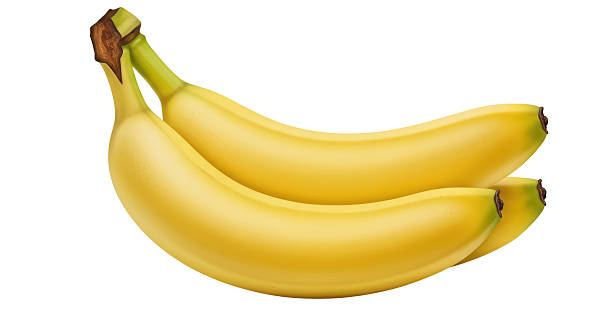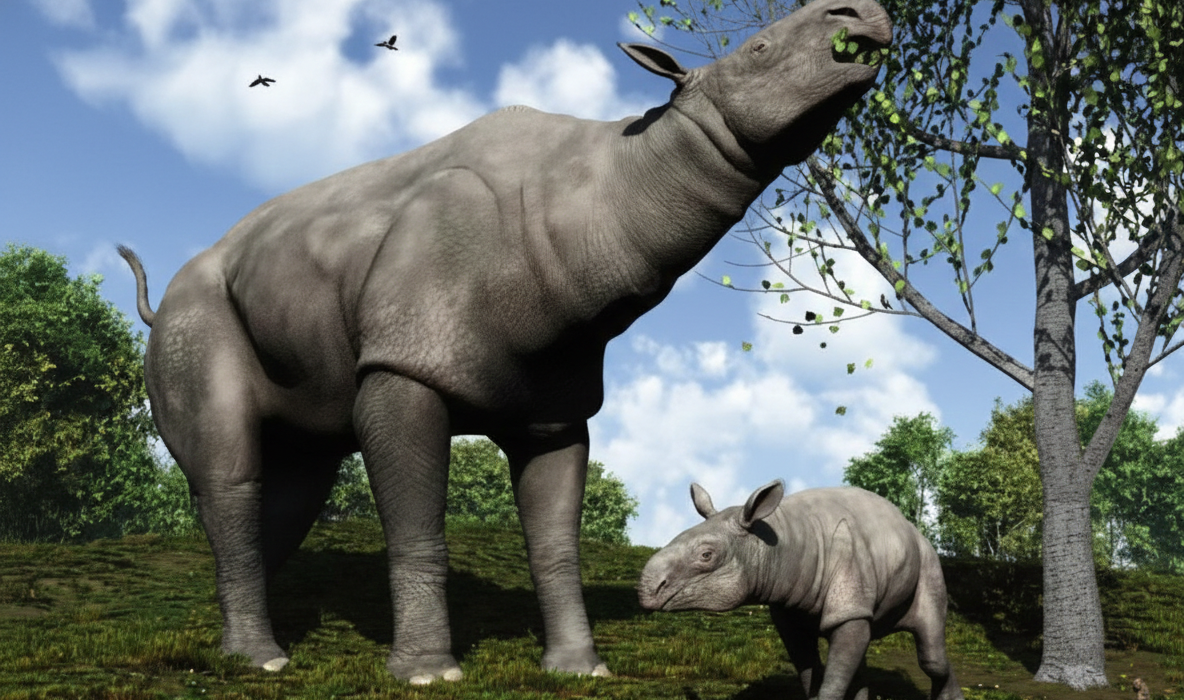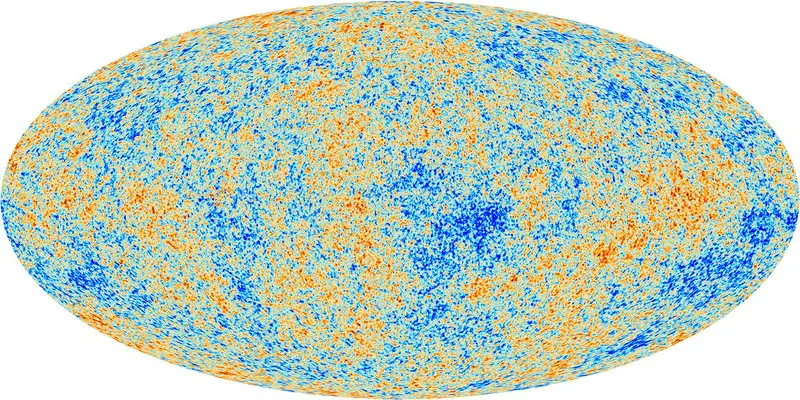Science is not just something that lives in laboratories, textbooks, or the far reaches of space—it is woven into every breath you take, every sip of water, every blink of an eye, and every step you make. The everyday world is full of hidden wonders that, once revealed, can make even the most ordinary activities feel extraordinary. From the way your body functions without you noticing, to the invisible forces that shape the environment around you, science is constantly working in the background, shaping your reality in surprising ways.
Here are twenty of the most fascinating, surprising, and scientifically accurate facts about everyday life. Each one reveals the hidden magic in the ordinary, reminding us that the mundane is often anything but.
1. Your Body Has More Microbes Than Human Cells
When you look in the mirror, you see one human being—but in reality, you are a bustling ecosystem. Your body hosts trillions of microbes: bacteria, viruses, fungi, and other microscopic life. In fact, scientists estimate that microbial cells in your body outnumber your human cells.
Most of these microbes live in your gut, where they play a critical role in digestion, immune defense, and even mood regulation. Without them, you couldn’t survive. In a very real sense, you are not just “you”—you are a community of life forms coexisting in harmony.
2. Bananas Are Naturally Radioactive
That banana on your kitchen counter is glowing—metaphorically, at least. Bananas contain potassium, and a small fraction of potassium atoms are radioactive. This means bananas give off tiny amounts of radiation. Don’t worry, though—the dose is so small it’s completely harmless.
This fun fact has even given rise to a humorous scientific unit called the Banana Equivalent Dose, used to explain radiation levels in everyday terms.
3. Water Can Boil and Freeze at the Same Time
It sounds impossible, but under certain conditions, water can boil and freeze simultaneously. This occurs at what scientists call the triple point, where temperature and pressure align perfectly so that solid, liquid, and gas phases coexist.
Although you won’t see this happening in your kitchen, it’s a powerful reminder of how strange and counterintuitive the laws of physics can be.
4. Your Stomach Gets a New Lining Every Few Days
The human stomach produces incredibly strong acid—so strong that it can dissolve metal. Yet it doesn’t eat through your body. Why? Because your stomach continuously regenerates its lining, replacing cells every few days.
Without this constant renewal, your stomach would quite literally digest itself. Science here works as a shield, quietly saving you from self-destruction.
5. Ice Is Less Dense Than Water—That’s Why It Floats
Most substances get denser when they freeze, but water is different. Ice floats because its molecules arrange in a crystalline structure that takes up more space than liquid water.
This seemingly small quirk is critical for life on Earth. If ice sank, lakes and oceans would freeze from the bottom up, trapping life beneath layers of solid ice. Instead, floating ice insulates the water below, helping life survive harsh winters.
6. You Shed About 40,000 Skin Cells Every Minute
Even as you read this, your body is shedding skin. On average, you lose about 40,000 skin cells every minute, adding up to billions every day. That dust collecting on your furniture? Much of it is composed of dead skin cells.
Far from being gross, this is a sign of life’s renewal—your body is constantly rebuilding itself, letting go of the old to make way for the new.
7. Your Brain Uses About 20% of Your Body’s Energy
Though it makes up only about 2% of your body weight, the human brain consumes a whopping 20% of your energy at rest. Every thought, memory, and emotion requires enormous amounts of energy.
This constant power demand is why you feel mentally drained after intense concentration. Your brain is a true energy hog—yet it’s also what makes human consciousness and creativity possible.
8. Your Body Has Enough Iron to Forge a Nail
Iron is an essential part of your blood, carried by hemoglobin molecules that transport oxygen. If you extracted all the iron from the average human body, you’d have enough to forge a small nail—about an inch long.
It’s a poetic reminder that we are, in a literal sense, forged from the same elements as the Earth itself.
9. The Air You Breathe Contains Atoms Exhaled by Historical Figures
Every breath you take contains molecules of oxygen and nitrogen that have circulated the planet for billions of years. Statistically, it’s almost certain that some of the air you breathe today once passed through the lungs of Cleopatra, Shakespeare, or Einstein.
Breathing connects us not just to the present but to all of human history, binding us invisibly to every person who ever lived.
10. Your Tongue Print Is Unique
Just like fingerprints, your tongue has a unique pattern of ridges and textures that no one else in the world shares. This means your tongue could, in theory, be used for biometric identification.
Of course, sticking out your tongue at airport security probably isn’t practical—but the fact that even this tiny organ is uniquely yours highlights the individuality of human biology.
11. Honey Never Spoils
If you have a jar of honey in your kitchen, it could outlast you—and maybe even human civilization itself. Archaeologists have found pots of honey in ancient Egyptian tombs that are thousands of years old and still edible.
Honey’s low water content and natural acidity make it inhospitable to bacteria and fungi. It is one of nature’s most perfect preservatives.
12. Your Body Contains Stardust
The iron in your blood, the calcium in your bones, the oxygen you breathe—all were forged in the hearts of ancient stars that exploded billions of years ago. Every atom heavier than hydrogen and helium originated in these stellar furnaces.
When you look at the night sky, you are not just looking at stars—you are looking at your cosmic relatives. You are, quite literally, stardust come alive.
13. Coffee Works by Blocking Sleep Chemicals
That morning cup of coffee works its magic by blocking adenosine, a chemical in your brain that makes you feel tired. Caffeine slips into the same receptors and prevents adenosine from doing its job, tricking your brain into feeling more awake.
Eventually, though, adenosine builds up, which is why caffeine wears off and the crash sets in.
14. You Can’t Burp in Space
Astronauts often share this surprising fact: in microgravity, burping doesn’t work the way it does on Earth. On Earth, gravity separates gas from liquid in your stomach, so burping releases only air. But in space, without gravity, gas and liquid mix—so attempting to burp could bring up both.
This makes burping in space not just uncomfortable but potentially messy. It’s a reminder of how even the simplest bodily functions rely on gravity.
15. Your Ears Never Stop Growing
Unlike bones, which stop growing after puberty, the cartilage in your ears and nose continues to grow throughout your life. This is why older people often have noticeably larger ears and noses compared to when they were younger.
It’s one of the small, surprising ways time leaves its mark on the body.
16. Water Expands When It Freezes—And Can Crack Rocks
Water is unusual in that it expands when it freezes, increasing its volume by about 9%. This property is powerful enough to split boulders apart. When water seeps into cracks in rocks and freezes, it expands, exerting immense pressure and gradually breaking the rock apart—a process called frost weathering.
This is one of the quiet but mighty forces that shape landscapes, from mountain cliffs to city streets.
17. The Human Nose Can Detect Over a Trillion Scents
For a long time, scientists believed the human nose could only detect about 10,000 different odors. But recent research shows our sense of smell is far more powerful: the human nose can distinguish over one trillion different scents.
From the aroma of fresh bread to the faintest whiff of rain on dry soil, your nose is an incredibly sensitive instrument, constantly decoding the world around you.
18. You Spend About One-Third of Your Life Sleeping
On average, humans spend about one-third of their lives asleep. That means if you live to 90, you’ll have spent about 30 years asleep.
Far from wasted time, sleep is when your body repairs tissues, your brain consolidates memories, and your mind restores balance. In many ways, sleep is the hidden engine of life itself.
19. The World’s Quietest Place Can Make You Hear Your Own Organs
In an anechoic chamber—an extremely soundproof room—background noise is almost completely eliminated. In such silence, people can hear their own heartbeat, the blood flowing in their veins, and even the grinding of their joints.
Most people find it deeply unsettling. In fact, no one can stay in such chambers comfortably for long. It reveals how much we rely on sound as a constant companion, even when we don’t notice it.
20. Your Body Produces Enough Saliva to Fill Two Swimming Pools in a Lifetime
Every day, your salivary glands produce about 1 to 1.5 liters of saliva. Over an average lifetime, that adds up to around 25,000 liters—enough to fill two Olympic-sized swimming pools.
Saliva doesn’t just help with swallowing; it contains enzymes that start digesting food, protects your teeth, and helps keep your mouth healthy. It’s a constant reminder that even the most ordinary functions of the body are extraordinary in scale.
Conclusion
The ordinary is extraordinary. The world around us is bursting with scientific wonders that most of us never notice. The fact that you are stardust, that your stomach is constantly rebuilding itself, that the air you breathe has been shared by everyone in history—these are not just curiosities, but reminders of how deeply science connects us to life and the universe.
Everyday life is a laboratory, and every moment holds hidden marvels waiting to be discovered. Science does not strip the world of magic—it reveals the deeper magic that has always been there.






